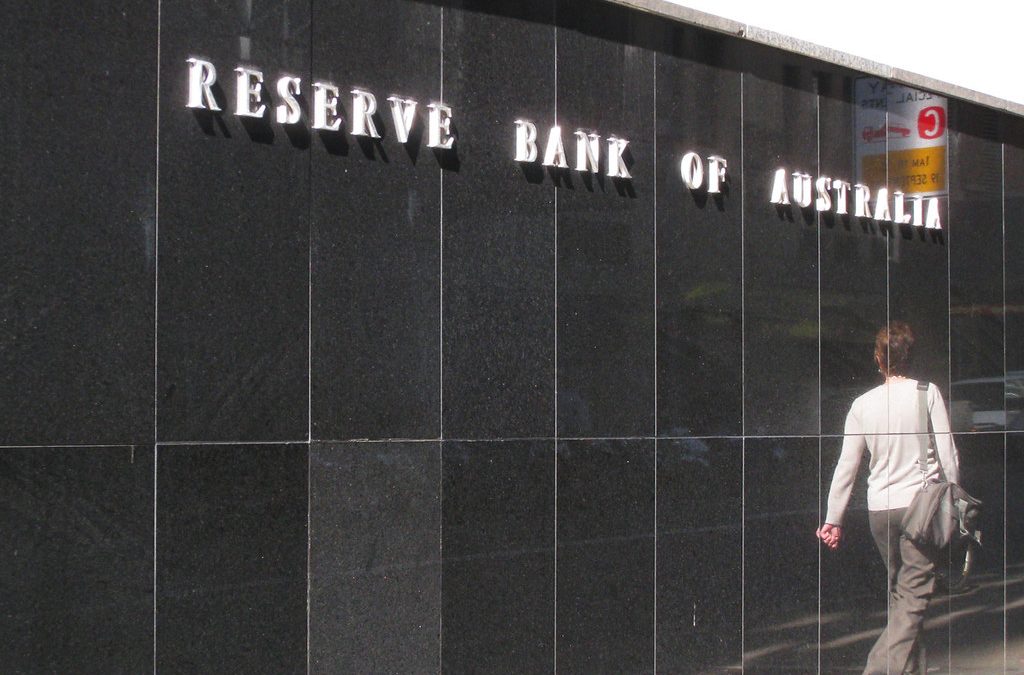The Reserve Bank of Australia (RBA) has increased the cash rate by 0.25 percent to 0.85 percent.
The RBA said the decision was made in order to “strengthen domestic demand and return inflation to target over time”. Inflation is currently sitting at 1.3 percent, well below the RBA’s target of 2-3 percent.
The RBA also noted that the global economy is continuing to grow at a moderate pace, despite some recent volatility in financial markets.
“While conditions in the housing market have eased somewhat, they remain tight in some markets,” the RBA said.
“The bank’s central forecast is for GDP growth to pick up over the next couple of years to a little above 3 percent.”
Today’s increase in interest rates is likely to flow on to home loan interest rates, which will increase the repayments for those with variable rate loans.
Savers will also benefit from higher interest rates on their deposits.
The RBA said it would continue to monitor developments in the housing market closely.
“The bank remains committed to ensuring that inflation returns to target over time,” the RBA said.
“In order to do this, the board will continue to assess the appropriate stance of monetary policy.”
Impact Of RBA June Rate Hike
The RBA raised interest rates in June, which will impact home loan repayments for many Australians.
For a $1 million loan, repayments will increase by $265 per month. For a $500,000 loan, repayments will increase by $133 per month. And for a $600,000 loan, repayments will increase by $159 per month.
This will be a significant financial burden for many families who are already struggling to make ends meet.
It’s important to remember that you can negotiate with your lender to try and get a better deal on your interest rate.
If you’re struggling to make repayments, there are also hardship programs available that can help you through tough times.
If you’re worried about how the interest rate hike will impact your finances, speak to a financial advisor or accountant to get expert advice.
How Does The RBA Influence The Cash Rate?
One of the main tools the Reserve Bank of Australia (RBA) uses to influence interest rates is the cash rate.
The cash rate is the interest rate at which commercial banks lend money to each other overnight. When the RBA wants to increase interest rates, it will raise the cash rate.
This makes it more expensive for banks to borrow money, so they are likely to pass on the higher costs to customers in the form of higher interest rates on loans and deposits. Raising interest rates usually reduces demand for loans and can help to slow down economic growth.
Conversely, when the RBA wants to encourage economic activity, it will lower the cash rate. This makes it cheaper for banks to borrow money, so they are likely to pass on the lower costs to customers in the form of lower interest rates on loans and deposits. Lowering interest rates usually boosts demand for loans and can help to stimulate economic growth.
The RBA doesn’t always move the cash rate in response to changes in economic conditions. Sometimes, other factors such as global economic conditions or financial market stability might take precedence.
It’s important to remember that the RBA doesn’t directly control all interest rates in the economy. Instead, it sets a target for the cash rate, which influences other interest rates.
For example, when the cash rate is raised, we might see mortgage rates increase soon afterwards. However, there can be a lag between changes in the cash rate and changes in other interest rates. This is because banks use a range of factors to set their interest rates, not just the cash rate.
Overall, the RBA uses changes in the cash rate to influence other interest rates in the economy. Higher interest rates usually lead to slower economic growth, while lower interest rates usually lead to faster economic growth.
However, there are many factors that can influence interest rates and the RBA doesn’t always respond to changes in economic conditions.
Instead, it sets a target for the cash rate, which banks use to help guide their own decisions on interest rates.
What Does It Mean If The Cash Rate Increases?
An increase in the cash rate will lead to higher interest rates on home loans, credit cards, and other debts. This means that borrowers will have to pay more interest on their debts.
For savers, an increase in the cash rate will mean higher interest rates on savings accounts and term deposits. This extra income can help offset some increased costs of borrowing.
The Reserve Bank of Australia (RBA) sets the official cash rate. The RBA uses the cash rate to influence the overall level of interest rates in the economy.
When the RBA wants to encourage spending, it will lower the cash rate. This makes borrowing cheaper and encourages people to spend.
Conversely, when the RBA wants to slow down the economy, it will raise the cash rate. This makes borrowing more expensive and discourages spending.
The cash rate is just one tool that the RBA uses to manage the economy. Other tools include changing the reserve requirement for banks and conducting open market operations.
The RBA meets on the first Tuesday of every month to discuss economic conditions and make any changes to monetary policy.
The minutes of these meetings are released two weeks later and provide valuable insight into the RBA’s thinking.
Investors closely watch the RBA’s cash rate decisions and minutes for clues about the future direction of interest rates.
A change in the cash rate will usually cause a ripple effect through the economy, so it’s important to stay up to date with these developments.
If you’re planning on taking out a loan or investing in property, it’s worth keeping an eye on the cash rate.
By understanding how changes in interest rates can affect your finances, you can make more informed decisions about your money.
Conclusion
This decision will have a ripple effect throughout the economy, with business and consumer borrowing rates likely to increase over time. For Australians, this means that it may become more expensive to borrow money for things like cars, homes and education.
It is important to stay informed about how these decisions impact you and your family, so you can make wise financial choices going forward. If you need to talk to our mortgage broker home loan specialist in Melbourne to secure a deal which can save you money, please don’t hesitate to contact us today.


